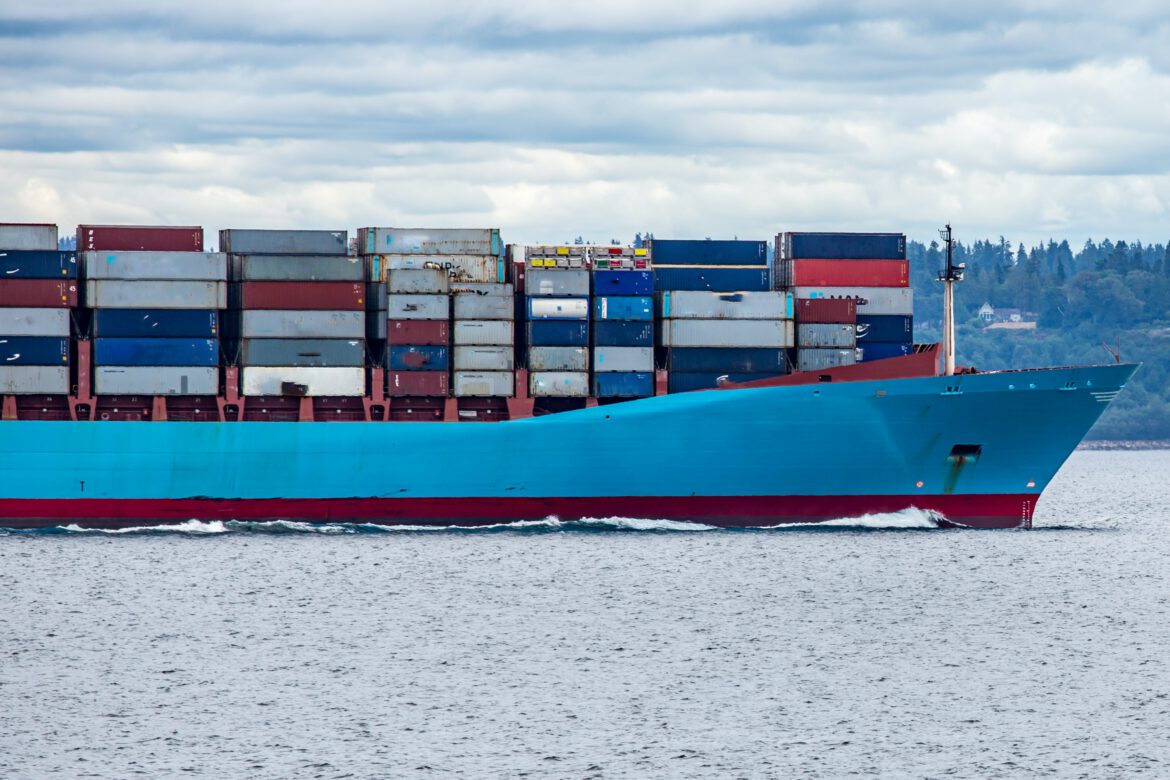Discovering a Great Freight Forwarding Agent? If you need to select the best freight forwarding (or clearing) agent for your shipping needs, keep the following ideas in mind. In shipping there is simply no substitute for experience. A freight forwarding agent with experience will be of much more assistance to you than one who only appears to be qualified. An experienced freight forwarder will come complete with a Rolodex of industry contacts to help your business ship freight in the most cost and time efficient manner. Look for a freight forwarder with lots of knowledge of all aspects of the shipping industry. The ideal agent will have a firm grasp of the best practices of freight forwarding in order to provide you and your customers with excellent service.
Price of international freight
Ask yourself, what is it worth to you and your company to save the time and headaches of managing your international shipping logistics? Clearing customs? Language barriers? Delays? What’s all that worth to you? You may have a figure in mind, but be sure to calculate a fair price that covers every single aspect of shipping your freight. Being surprised by hidden fees won’t be a pleasant experience for your business, especially if your customer is affected. Ensure that your freight quote is calculated with a method that takes into consideration even the small details to ship your freight. If you look hard enough, some freight forwarders might include a freight calculator built into their website. That way you can come up with a basic cost estimate on your own before negotiating a fair price to ship your goods via a freight forwarding company. One more thing to consider when choosing a freight-forwarding carrier. A freight forwarding agent should not only know how to come up with a solid logistical solution for your full-truckload shipment, but also have access to less-than-truckload rates in order to find you the best rate.
Carriage and Insurance Paid To (CIP)
CIP means Carriage and Insurance Paid To and is followed by a named place of destination, for example CIP Long Beach. Incoterms applicable to CIP are almost similar to CPT as described above. The only exception is that the seller has to take minimum insurance cover against the buyer’s risk of loss or damage to the goods during the carriage. If the buyer feels that the minimum insurance cover is not sufficient to protect his interest, then the buyer has to negotiate the issue with the seller for incorporating more explicit terms in the sales contract or has to take extra insurance arrangements by himself. Guideline for cost sharing: Under CIP the seller has to bear the transportation cost of the main carrier and also the cost for procuring minimum insurance cover for the goods to safeguard buyer’ interest against loss or damage to goods during carriage.
Delivered at Terminal (DAT)
‘Delivered at Terminal’ means that the seller is responsible to deliver the goods to the buyer after unloading them from the arriving means of transport at the terminal of a named port or place of destination. “Terminal” includes a place, whether covered or not, such as a quay, warehouse, container yard or road transport, rail or air cargo terminals. The seller bears all risks and costs involved in bringing the goods to and unloading them at the terminal at a named port or place of destination. At this point, buyer assumes the responsibility to arrange import clearance and movement of the goods from the terminal to the final delivery place & bears necessary costs and risks. Guideline for cost sharing: Under DAT rule, the seller is under obligation to bear the costs of carriage from port of shipment to the named port of destination including discharging cost of the goods at the terminal.
Delivered at Place (DAP)
“Delivered at Place” means that the seller clears the goods for export and bears all risks and costs associated with the delivery of the goods to the buyer from the arriving vessel ready for unloading at the named place of destination. Upon berthing of the vessel at the named place / port of destination, it is the duty of the buyer to unload the goods from the vessel and complete necessary import formalities from the port / custom authority for release of the goods on payment of relevant costs & fees.Delivered Duty Paid (DDP)
DDP means Delivered Duty Paid and is followed by a named place of destination, for example DDP Vancouver, Canada. Under this rule the seller bears all the related costs and risks involved in bringing the goods to the named place of destination and has an obligation to clear custom formalities for both export & import & arrange payment of duties as well.




